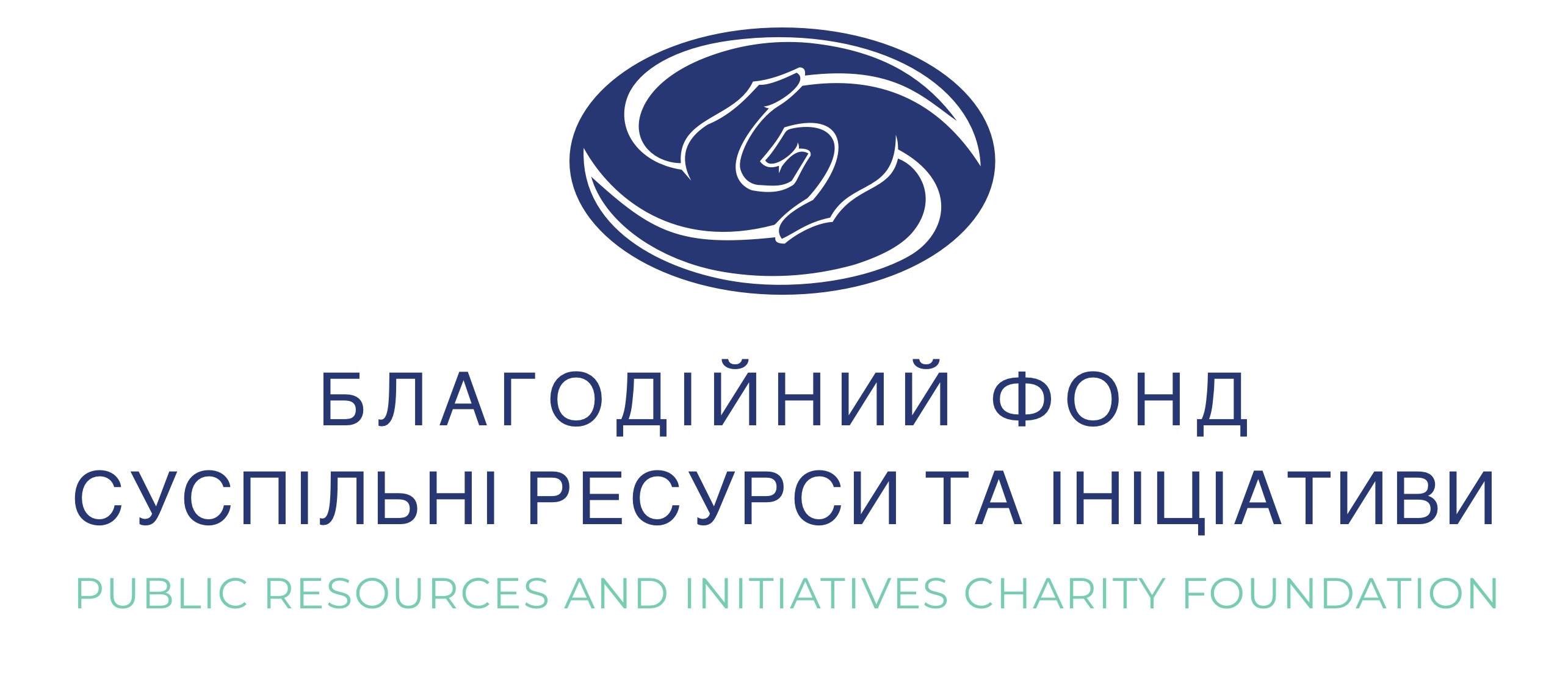Public resources and initiatives
20/32 Heroiv Kruty Boulevard
м. Chernivtsi, Ukraine, 58000
Tel.: +380930176854,
e-mail: fsri.office@gmail.com
 |
 |
 |
 |
 |
The “Public Resources and Initiatives” Charity Foundation presents the results of the study “Map of Opportunities for Veterans/Women Veterans and Their Family Members in Chernivtsi Oblast,” conducted in June–July 2025. The study was carried out within the project “Reintegration of War Veterans through the Creation of Educational Opportunities: Ours for Ours”, implemented in partnership with DVV International in Ukraine with the support of the Federal Foreign Office of Germany.
The aim of the study is to identify and analyze existing educational, psychological, and other services for veterans in Chernivtsi Oblast, their compliance with real needs, the identification of problems, and the development of recommendations to improve the quality and accessibility of services.
Research Methodology
Content analysis, comparative analysis, and surveys of target groups (veterans/women veterans, family members) were applied.
Result – a “Map of Opportunities” in a user-friendly format
Within the study, all available opportunities for veterans/women veterans of Chernivtsi Oblast and their family members were collected and systematized. The list includes national, regional, and local support programs, educational and professional initiatives, social services, medical and psychological assistance, as well as civil society and charitable projects.
A comprehensive “map of opportunities” will help veterans and their families quickly find the necessary resource for social, economic, and educational integration.
Key Data
As of 2024, there are 7,737 registered participants in hostilities in the oblast; of these, more than 7,600 have the status of a participant in hostilities, and 1,309 are persons with disabilities due to the war.
Since the beginning of the full-scale invasion, 1,168 veterans have contacted the State Employment Service; 198 persons have been employed.
At least 45 veteran-owned businesses have been recorded in the region (including entrepreneurship by family members of participants in hostilities).
What We Found
Educational interests. The most popular formats: short-term courses/trainings (32.9%), starting one’s own business (29.3%), retraining (26.8%). Content in demand: marketing and sales, project management, psychology, finance and economics.
Readiness to study. “A firm yes” was confirmed by one respondent; “a firm no”—28.6%. The rest lean between “rather no” and “rather yes.”
Barriers. Financial difficulties are the key obstacle (24.2%) and at the same time the most requested support (36.3%). Flexible formats, the accessibility of spaces, and adapted materials are also important.
Where to look for information. Veterans want to receive it through veteran communities, websites of government institutions, the official social media pages of educational institutions, civil society organizations, and mobile applications.
Support ecosystem. National programs (the Ministry of Veterans Affairs, the Ukrainian Veterans Fund, the State Employment Service, etc.), regional/municipal initiatives (the Oblast Military Administration and city councils), 13 veteran spaces, the regional Veteran Hub, as well as a number of non-governmental initiatives and online platforms are operating.
Recommendations
The study proposes moving from a “service provision” model to a personalized approach with continuous interaction and support for the veteran:
Personalization: case management, mentoring, and psychological support.
Link to the labor market: courses tailored to local demand (service/blue-collar, agro), narrow specialization, dual format, internships.
Accessibility and flexibility: hybrid/online, adapted materials (including Braille), support for persons with disabilities.
Partnerships with business: co-design of programs, memoranda/agreements on internships and employment, vacancy monitoring.
The “training → internship → employment” pathway: tracking employment, job retention, and income growth as key effectiveness metrics.
What’s Next
The Foundation continues to develop business schools, professional courses, trainings, and consultations for veterans/women veterans and their family members, and is also expanding cooperation with employers in Chernivtsi Oblast to launch joint educational tracks and internship programs. Communities, educational institutions, and businesses are invited to partnership.
 |
Download |